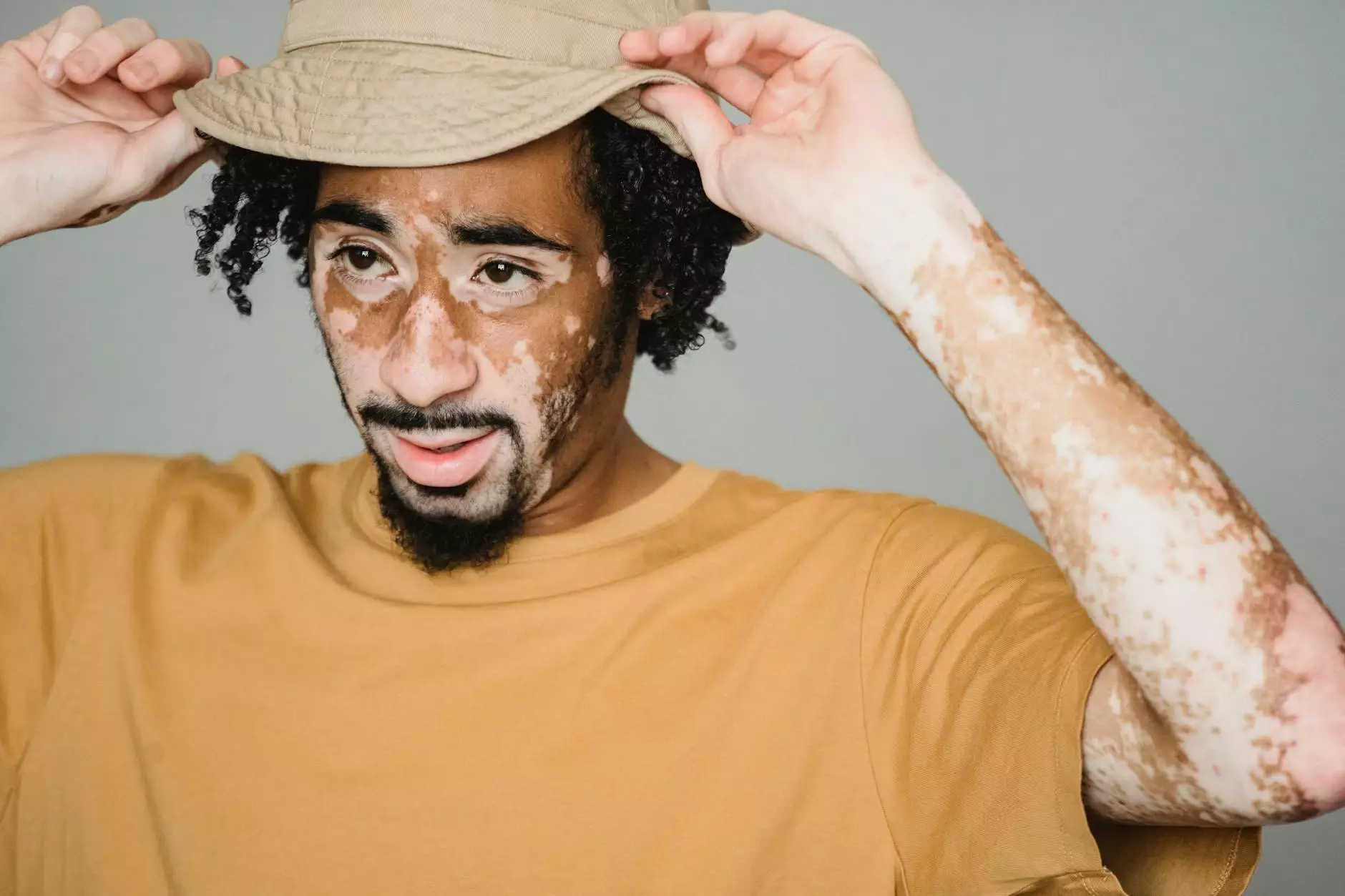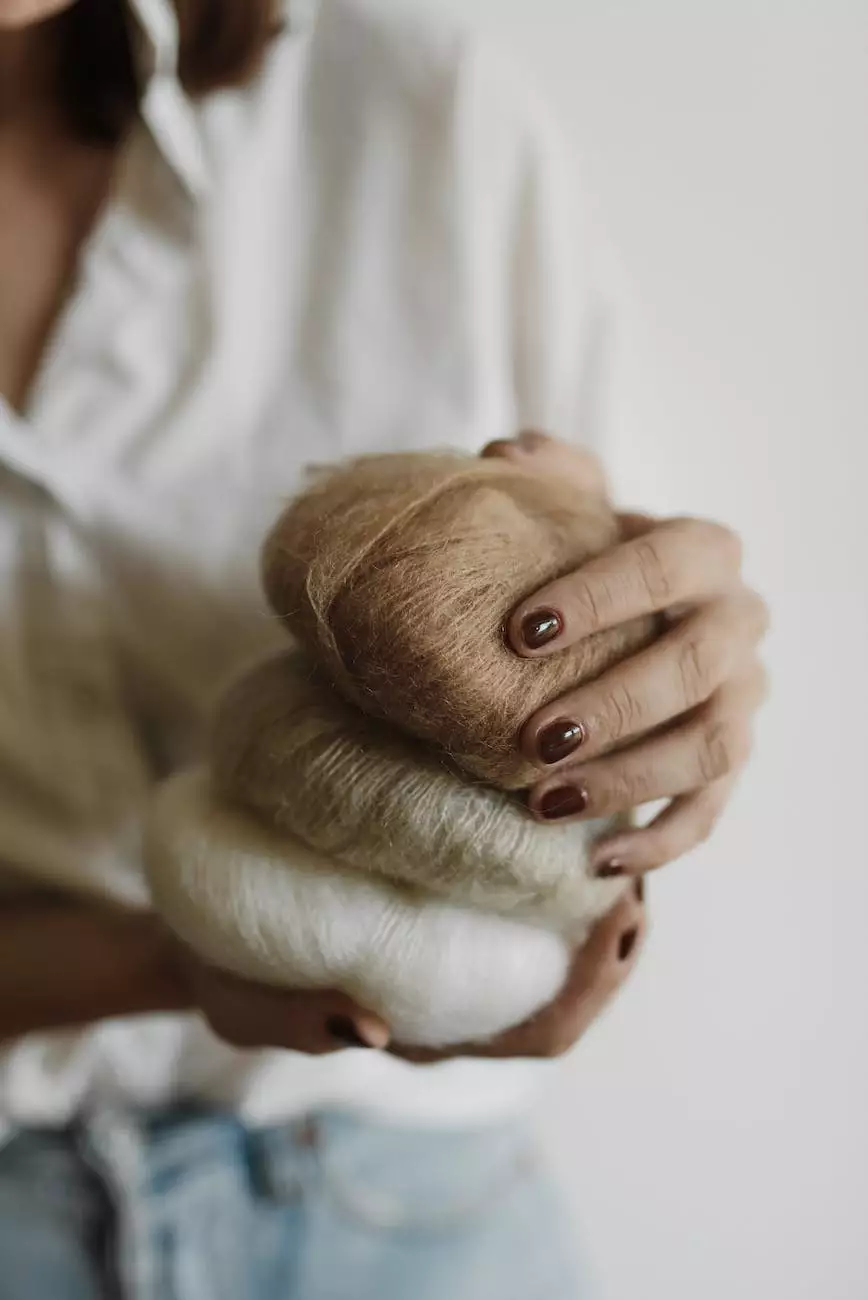Skin Cancers - Fabian Dermatology | Bonita Springs, FL
Skin Care
Welcome to the comprehensive guide on skin cancers brought to you by Dr. Arthur F. Smith, MD, an esteemed dermatologist at Fabian Dermatology located in the beautiful Bonita Springs, FL. With an extensive background in dermatology, Dr. Smith is dedicated to providing the highest quality care and treatment options for skin cancer patients. In this detailed guide, we will cover various aspects of skin cancers, including their types, causes, symptoms, and available treatment options.
Understanding Skin Cancers
Skin cancer is one of the most common types of cancer globally, and its occurrence is rising rapidly. It typically manifests on the skin surface, but it can also affect the lips, scalp, nail beds, or mucous membranes. Skin cancers predominantly result from the development of abnormal cells that grow uncontrollably, forming malignant tumors.
There are several types of skin cancers, each with its own unique characteristics:
- Basal Cell Carcinoma: This is the most common type of skin cancer and it usually appears as a waxy bump on the skin. It tends to grow slowly and rarely spreads to other parts of the body.
- Squamous Cell Carcinoma: This type of skin cancer often presents as a red, scaly patch or an ulcer on the skin. It has the potential to spread to other areas of the body if left untreated.
- Melanoma: Melanoma is a more aggressive form of skin cancer that arises from the cells responsible for producing pigment in the skin. It can be life-threatening if not diagnosed and treated early.
- Merkel Cell Carcinoma: Merkel cell carcinoma is a rare form of skin cancer that typically develops on areas exposed to the sun. It manifests as firm, shiny nodules and may spread quickly to other organs.
Causes and Risk Factors
While the exact causes of skin cancers are not always clear, several risk factors can increase an individual's susceptibility to developing this condition:
- Ultraviolet (UV) Radiation: Overexposure to the sun's harmful UV rays is a major risk factor for skin cancers. Prolonged sun exposure without appropriate protection can significantly increase the chances of developing skin cancers.
- Fair Skin: People with fair skin, light hair, light eye color, and freckles are more vulnerable to the detrimental effects of sun exposure, putting them at higher risk for skin cancers.
- Family History: Individuals with a family history of skin cancers, especially melanoma, have an increased risk of developing this condition.
- Immunosuppression: Conditions or medications that weaken the immune system can impair the body's ability to combat abnormal cell growth, increasing the risk of skin cancers.
Signs and Symptoms
The signs and symptoms of skin cancers can vary depending on the type and stage of the cancer. However, it's important to stay vigilant of any changes on your skin and seek medical attention if you notice any of the following:
- Changes in Skin Moles or Lesions: Look out for moles or lesions that change in size, shape, color, or texture.
- New Growths or Sores: Unusual growths, sores that take longer to heal or bleed easily, should be evaluated by a dermatologist.
- Itching or Pain: Persistent itching, tenderness, or pain in a particular area of the skin can be indicative of skin cancers.
- Spreading Pigmentation: Sudden spreading of pigmentation beyond the borders of a mole or lesion is a worrisome sign.
Treatment Options
The treatment of skin cancers largely depends on the type, stage, and location of the cancer, as well as individual patient factors. Dr. Arthur F. Smith, MD, specializes in providing personalized treatment plans for his patients, which may include:
- Surgical Excision: This common treatment involves surgically removing the cancerous lesion, ensuring a complete excision with negative margins.
- Mohs Surgery: Mohs micrographic surgery is a specialized technique that ensures the precise removal of cancer cells while preserving healthy tissue.
- Immunotherapy: This type of treatment stimulates the body's immune system to recognize and destroy cancer cells, often through the use of targeted medications.
- Radiation Therapy: In some cases, radiation therapy may be used to target and destroy cancer cells, either as a primary treatment or in combination with other modalities.
- Chemotherapy: Certain types of skin cancers may require chemotherapy, which utilizes powerful medications to kill cancer cells throughout the body.
Dr. Arthur F. Smith, MD, and his dedicated team at Fabian Dermatology provide comprehensive diagnosis, treatment, and ongoing care for individuals with skin cancers. Patient education and personalized treatment plans are at the forefront of Dr. Smith's practice, ensuring the best possible outcomes for his patients.
Contact Fabian Dermatology
If you have concerns about skin cancers or would like to schedule a consultation with Dr. Arthur F. Smith, MD, to discuss any skin-related issues, please feel free to contact Fabian Dermatology. Our Bonita Springs office is equipped with state-of-the-art facilities, and our compassionate staff is committed to providing exceptional care.
At Fabian Dermatology, we prioritize the health and well-being of our patients, and we strive to be your trusted partner in maintaining healthy and radiant skin.




